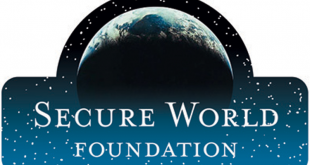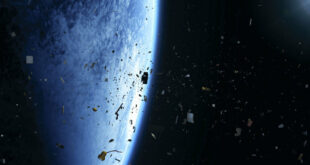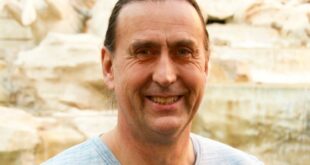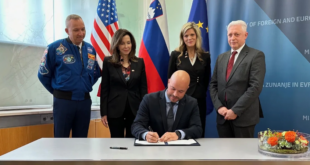By Viktoria Urban
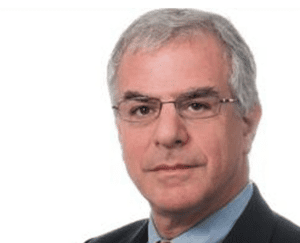
Our Space Cafe WebTalk “33 minutes with Chris Kunstadter – The Role of Space Insurers in a Changing Space Ecosystem” took place on Tuesday, 19th April 2022.
Chris Kunstadter is Head of Space at AXA XL. He is actively involved in all aspects of AXA XL’s space activity, including technical, financial, and actuarial analysis, policy construction, claims handling, industry outreach, and business development. Kunstadter is a recognized leader in global space risk management issues.
For over three decades, he has worked closely with satellite operators and manufacturers, launch providers, government agencies, and others to enhance industry understanding of space risk management, space situational awareness, and mission success best practices, and has served on numerous failure investigation teams for satellites and launch vehicles. Chris joined XL in 2006, after 23 years at US AIG, where he was Executive Vice President in charge of the Aerospace and IT departments.
Kunstadter explains that space insurance plays a critical role in enabling innovation and investment in the sector. Insurers take all the technical risk from launch onwards through the end of the satellite’s life. They cover launch vehicles, satellites, space platforms, space station operators and human spaceflight participants. He says that although AXA’s main clients are satellite operators, it also insures satellite manufacturers, launch service providers, financial institutions, and many more.
Kunstadter says that roughly half of all launches are insured, or carry some insurance on them. He continues by explaining that new launch vehicles typically fail on the first launch about 30% of the time and on the second launch about 25% of the time. Space insurers have to embrace this risk. According to him, in the last several years, the dynamics of the space insurance market have changed somewhat with the failures of launches and the reduction in big GEO satellites and the move towards LEO satellites. Instead of needing capacity for five-six large, US $800 million launches, there are now launches in the range of from US $1 million up to US $100 million.
He claims that the in-orbit failure rate of big GEO satellites is somewhere around 1% per year. Smaller satellites below about 140 kg generally fail at a rate of about 12-14% per year. The same number for CubeSats is around 30%.
The biggest challenge he says is collision risk and assessing the probability of collision, the consequences of it at various altitudes, satellite sizes, and various materials. Kunstadter and his company views these challenges as opportunities as it provides a chance to innovate and develop new insurance products. Other challenges from an insurance point of view include launch vehicles, new satellites, new applications, and new companies, among others.
He thinks that insurers have to be prepared for AI as it is inevitable and an important component of all aspects of space. AI plays a key role in space situational awareness, tracking objects, and autonomous driving.
AXA is also a very big fan of on orbit servicing as it is capable to extend the life of spacecraft, it can be used for inspection, repair, collision avoidance, post mission disposal, active debris removal and risk mitigation. Kunstadter is convinced we are going see a lot more of it.
He then explains that the war in Ukraine has a financial impact on space insurers as well as the insurance of Russian launches and launches of satellites on Russian launch vehicles are now retained in the Russian insurance market. The delay in the launches also have an impact on the market.
Kunstadter then goes on to talk about the Kinetic Space Safety workshop taking place in Lausanne, Switzerland of which AXA XL is a sponsor along with Leo Labs, ClearSpace, EPFL, and the Secure World Foundation. Besides presentations and speeches, the workshop, aims to come up with actions and solutions to encourage people to act responsibly.
“We want results to come out of this. So that we can talk with operators, we can talk with policymakers and legislators, we can talk with everyone involved in the entire space ecosystem, about the things that need to be done… to clean up space to make sure that people act responsibly.”
To listen to the Space Café WebTalk’s insights, you can watch the full program here:
Viktoria Urban, contributing Editor at SpaceWatch.Global: After graduating as a Journalist from Edinburgh Napier University, I am now doing an Astronomy and Planetary Science degree at The Open University (Scotland) which has enhanced my already existing love and enthusiasm for space. I am also a member of and a volunteer for several societies both in Hungary and in the UK and write online content on space for multiple companies as well. I hope my science communication will encourage many to find a job in the space sector, whatever their background and highlight important issues to ensure a sustainable space environment for future generations.


